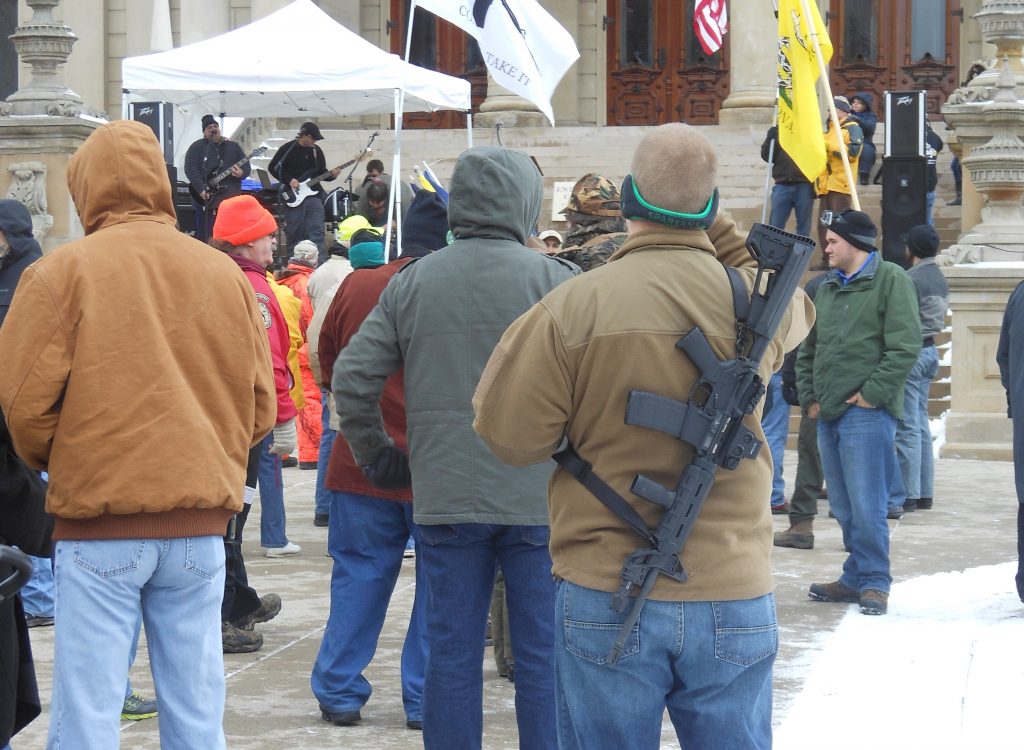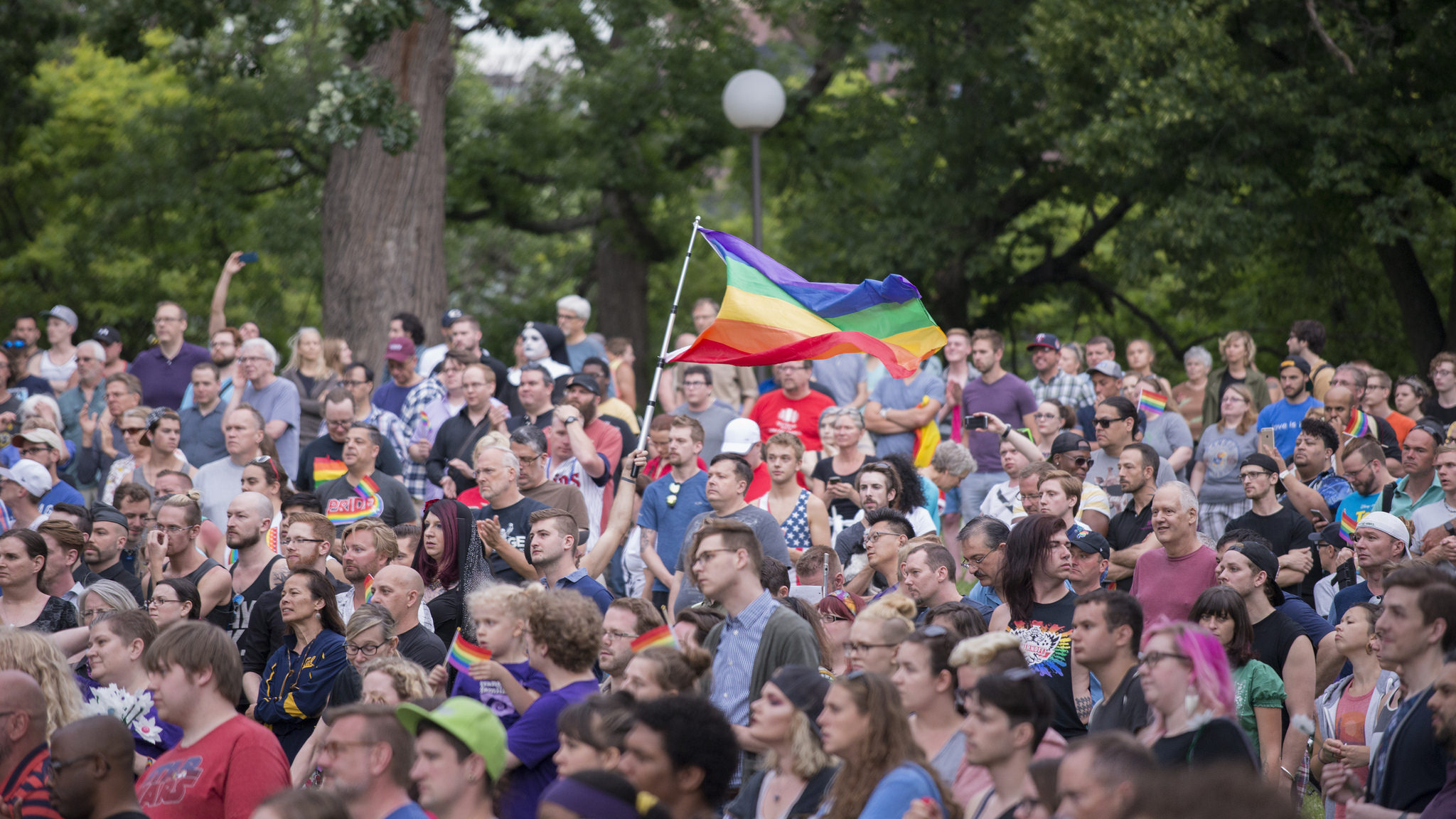How Can We Make Sense of Senseless Violence?
Michigan voices weigh in on preventing gun violence in wake of Orlando shooting.


Over the weekend we saw one of the most deadly shooting in American history at a gay nightclub in Orlando. Current reports are 49 people were murdered, and more than 50 more were injured by gunfire from a lone shooter.
The killer was Omar Mateen, an American. He reportedly has been violent and angry for many years, channeling his hate into sympathy for ISIS.
What can be done to stop these tragedies from happening? The FBI was monitoring Mateen. Could they have done more? Should gun laws be changed to prevent an unstable person like Mateen from legally purchasing an assault rifle?
There is no single, simple solution to the issue of gun violence, says Andy Arena, executive director of the Detroit Crime Commission and a former FBI special agent in charge. The problem, he says, is that different groups are focusing on their own aspect of the issue.
“We can’t even have an adult conversation about this,” says Arena. “The two sides go to opposite corners and come out fighting.”
A gun owner himself, Arena says he is in favor of responsible gun ownership. An essential factor in this, he says, is to not put the gun in the nightstand and forget about it.
“I’m for training and continuous training,” says Arena. “Learning how to handle that weapon, when to handle that weapon. I think that’s a big part of it.”
State Senator David Knezek (D-Dearborn Heights) is a veteran of the U.S. Marine Corps who wrote an emotional and stern message on responsible gun ownership on his Facebook page over the weekend. He wrote:
“I believe that I am a responsible gun user because the Marine Corps properly trained me to be one. It took years. Years. People in Michigan today can take an 8 hour class, fire 90 .22 caliber rounds, and they have the same access to a weapon as me… Do they have the training, the knowledge, the combat mindset to know what holding a weapon in your hands really means? No. But they can get one, so easily, and they can inflict violence on people, mercilessly.”
Knezek tells Detroit Today host Stephen Henderson that “even for good actors, we’re not doing enough to make sure they’re properly trained” or equipped to use firearms. He says it’s incredibly difficult to enact any restrictions on guns or gun owners in the current political climate.
“It’s frustrating when folks don’t want to make the smallest of changes on the margins” to control gun violence, he says.
Arena says mental health will always be part of the issue with violence in America. The challenge for FBI agents, says Arena, is that they are agents and not professional psychologists.
“We’d have to have a million FBI agents to monitor every nut-job out there,” says Arena.
Ordinary citizens, he says, can help by keeping pressure on their politicians. He says he frequently checks on his elected officials and makes sure their views still align.
“We tend to shy away from getting involved in this country, and I think that’s a problem.” says Arena. “The threats are very real and very constant, and as Americans we have to be willing to help.”
To hear the full conversation, click on the audio player above.
